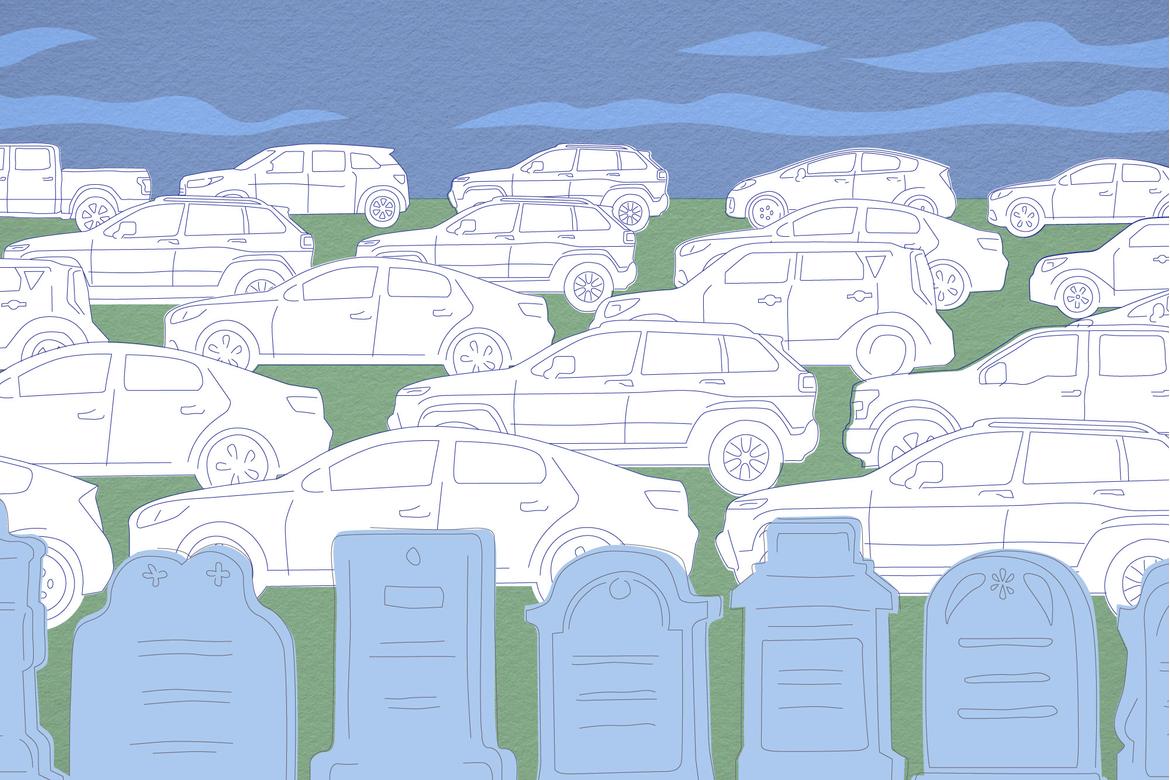When Eddie Rabbit crooned about driving his life away back in the '70s, he couldn't have known that it would only continue to get more (and more literally) true in the ensuing decades. With American motorists' miles logged on average each year consistently trending up over the past decade, a new study showing that time spent behind the wheel is also increasing may come as no surprise. What you may not consider, however, is that the more time we spend in the car, the more danger we expose ourselves to out on the road.
According to AAA researchers in a just-released survey, Americans collectively spend 70 billion hours in the car annually, an 8 percent increase over the past five years. Meanwhile, the number of daily car trips they take has bumped up by nearly 3 percent, time spent driving each day by more than 6 percent and number of miles driven in a day by more than 5 percent.
"The more time drivers spend behind the wheel, the greater their exposure to risks on the roadway," said Dr. David Yang, executive director for the AAA Foundation for Traffic Safety, in a statement. "Longer time behind the wheel could lead to issues such as fatigue, distraction, and impatience for drivers, which are all contributing factors for vehicle crashes. Drivers need to stay alert and focused on the key task at hand, driving. This can save your life and the lives of your passengers and people with whom you share the road."
During the same period of the AAA study, the U.S. Department of Transportation's Fatality Analysis Reporting System shows that driving deaths climbed from 32,675 in 2014 to 37,133 in 2017, a 14 percent spike. The National Safety Council — which calculates its fatality estimates over a longer period of time than the DOT and typically reports higher numbers as a result — reported 40,000 highway fatalities in 2018 as its initial estimate, making it the third straight year driving deaths exceeded 40,000, the first time that's occurred since the Great Recession began a decade earlier.
More From Cars.com:
- Aggressive Driving Is All the Rage, AAA Study Shows
- Study: Phones Aren't the Only Things Distracting Drivers
- Drowsy Driving a Far Greater Danger Than Thought, Study Shows
- Your Old-Ass Car Is Way More Likely to Break Down on You
To help ensure safer roads, NSC urges motorists to:
- Practice defensive driving. Buckle up, designate a sober driver or arrange alternative transportation, get plenty of sleep to avoid fatigue and drive attentively, avoiding distractions.
- Recognize the dangers of driving under the influence. This includes drunken driving, drugged driving and, of particular note right now, impairment from prescription opioids.
- Stay engaged in teens' driving habits. Talking openly and often with your young driver about the dangers of things like distracted or drunken driving, as well as setting a good example for them in your own car, can help reduce the risk of the No. 1 cause of death for teenagers.
- Know your vehicle's safety systems. Today's cars have many advanced safety features that may seem overwhelming or mysterious at times. Visit MyCarDoesWhat.org to learn about today's technology and how to use it properly.
- Fix recalls immediately. Ensure your vehicle does not have an open recall; Cars.com recommends using the National Highway Traffic Safety Administration's vehicle identification number lookup tool, which you can find here.
- Get involved. Ask lawmakers and state leaders to push for more effective legislation to protect travelers on state roadways.
Source: Read Full Article

